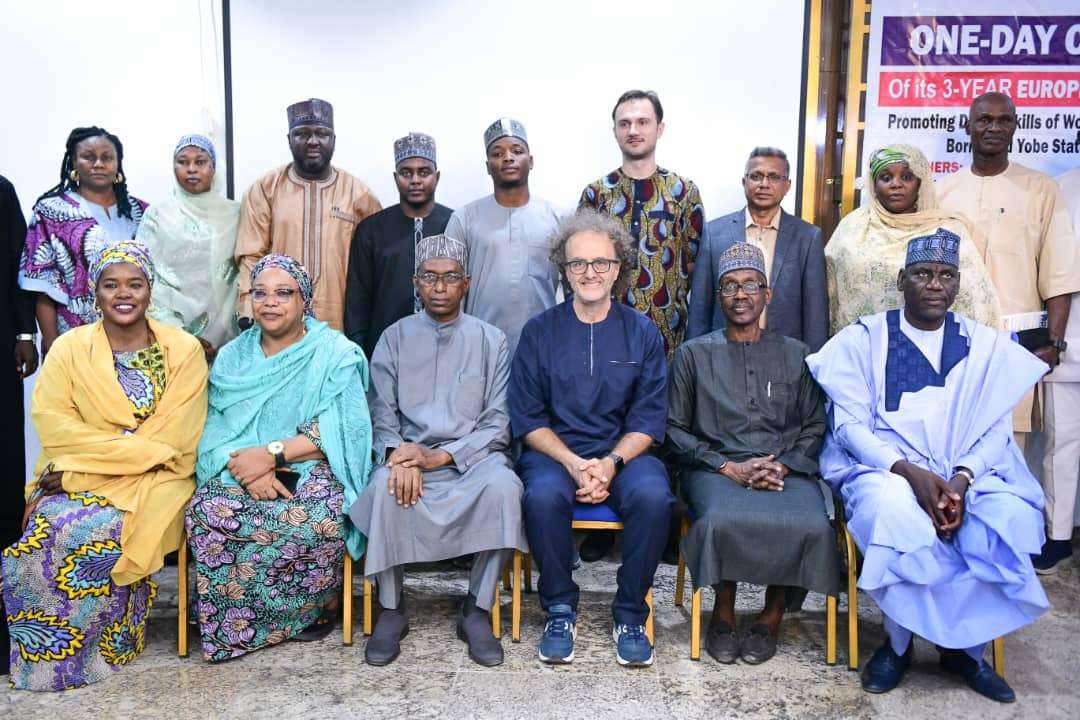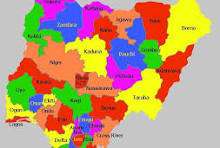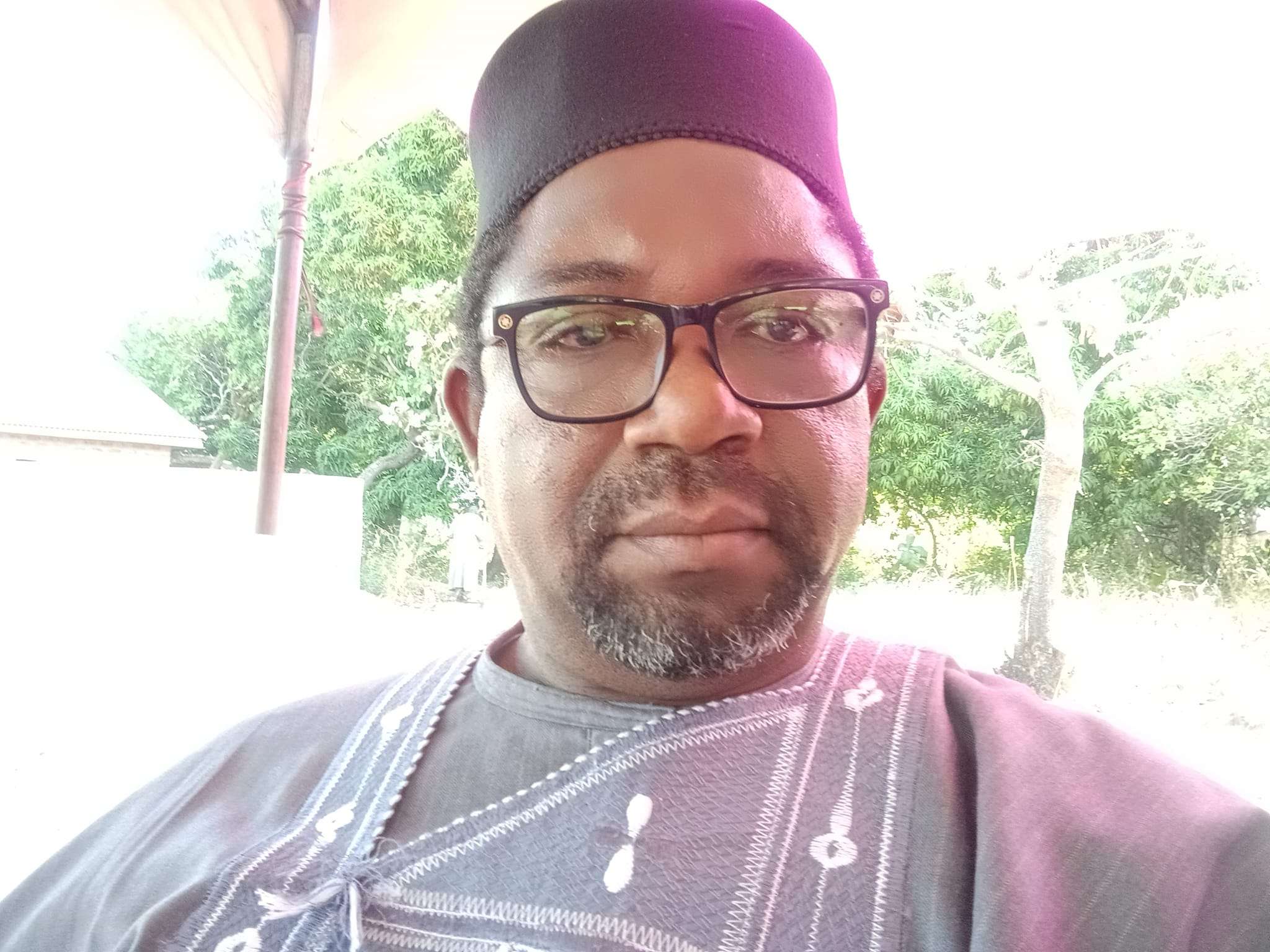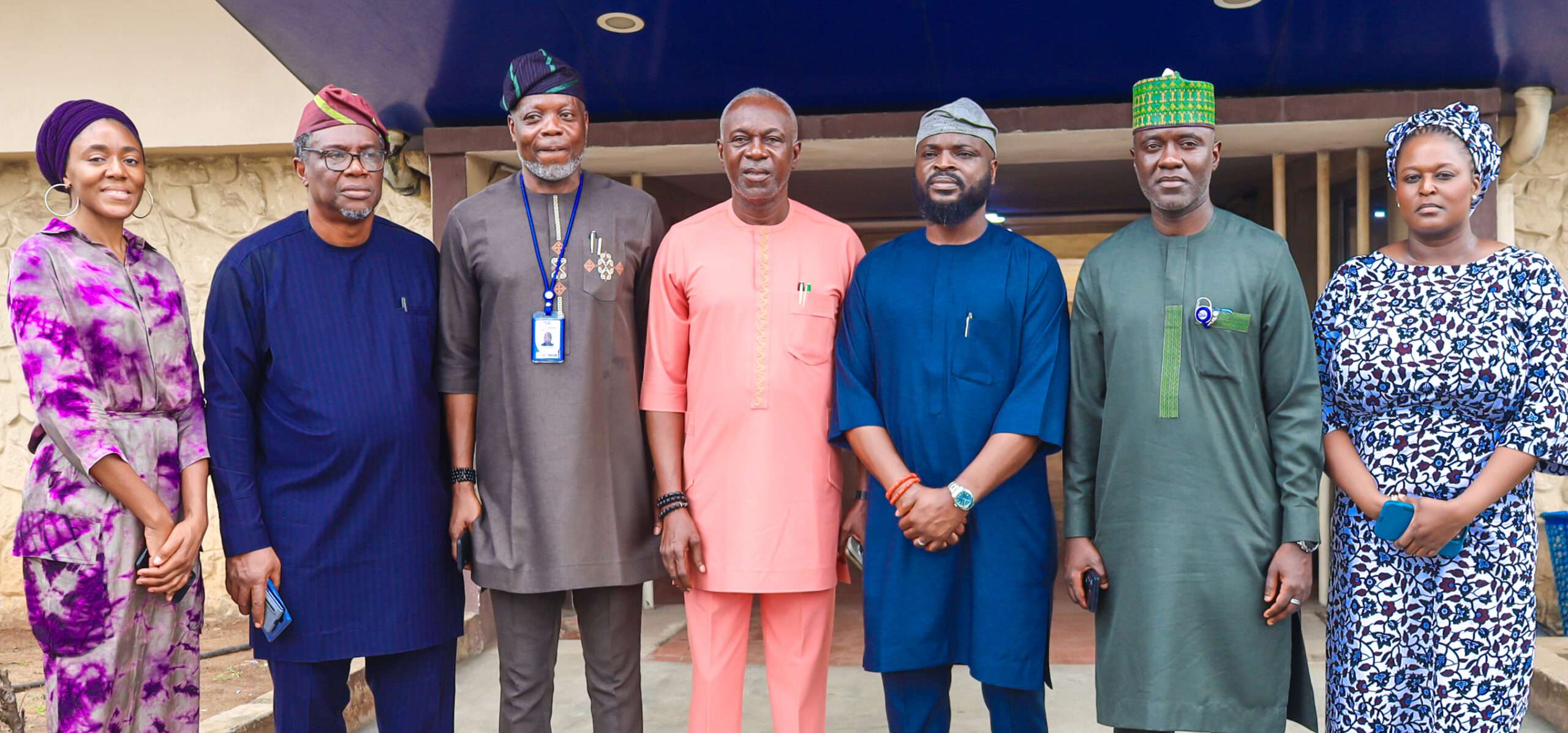Stephanie Shaakaa
In Nigeria’s volatile political landscape, President Bola Tinubu’s recent cabinet reshuffle announced on October 23, 2024 has ignited waves of criticism and raised profound questions about his administration’s dedication to genuine reform.
While officials describe the reshuffle as a strategic decision aimed at “repositioning” the government, public frustration with the perceived lack of accountability in core economic ministries casts a long shadow over Tinubu’s vision. In a country reeling from high inflation, a depreciating naira, widespread insecurity, and soaring fuel prices, Nigerians are not just asking for change, they are demanding a change that addresses these pressing issues at their roots.
What stands out from the reshuffle is not just what changed, but what remains unchanged. Political consideration, not performance was the reason for the sack of six ministers. There was no way ministers of Defence, Power, Petroleum Resources and Finance could keep their jobs if performance was the yardstick. The sacked ministers are Prof. Tahir Mamman (Education), Uju Kennedy Ohanenye (Women Affairs), Mohammed Gwarzo (State for Housing), Jamila Ibrahim (Youth Development), Lola Ade-John (Tourism), and suspended Minister of Humanitarian Affairs, Betta Edu.
Apart from the Ministry of Education where performance indicators could be assessed, the other ministers are heading ministries that have no direct impact on the nation’s economic health. What concerned the people are ministers whose actions can bring security or bread and butter on the table. So why spare ministers of Defence, Finance and Power, who are in charge of the critical sectors that have had negative impacts on the country? With all the crisis in petroleum industry where the refineries refused to work, the Minister of state for Petroleum is still doing a good job according to the president. With the kind of insecurity that enveloped the country making it one of the most violent nations on earth, the Ministers of Defence are doing a good job in the eyes of the president.
With the country enveloped in economic meltdown where inflation, high interest rates, currency devaluation, hunger, inequality, high taxes and unemployment are standing the economy on its head, the president is pleased with the minister. All former governors that virtually ruined their states and are causing trouble there and doing nothing in the president’s cabinet except perhaps feathering their nests are all doing well, as far as the president is concerned.
A young woman that was in office on account of her lineage and other political consideration is the one that decides for the president who is doing well, according to her, using social media technology. Ministers in key economic ministries like Defence, Finance, Petroleum Resources and Power continue to hold their positions despite their struggles under the weight of Nigeria’s mounting crises. Instead, the reshuffle primarily impacted roles in Humanitarian Affairs, Labour, and other ministries, which has left many skeptical about the government’s true priorities.
While these ministries are essential, they lack the immediate influence over the economy and security that the public feels are desperately needed. By sidestepping the most urgent sectors, the reshuffle feels less like a bold reform and more like a calculated political maneuver, leaving observers to question whether strategic governance or political loyalty is at the heart of these decisions.
As the cost of living rises and public trust in government action wanes, the urgency of effective leadership becomes more critical. Nigerians face long lines at fuel stations, spiraling prices for basic goods, and insecurity that disrupts daily life. Keeping key allies in critical positions, it appears, may be driven more by political considerations than by a genuine drive for results. Reports indicate that the cabinet reflects a blend of loyalists and former governors, raising concerns that political interests are overshadowing the needs of the populace. Take the Ministry of Petroleum Resources, which has come under fierce scrutiny over persistent fuel shortages and refinery challenges. In a symbolic yet controversial move, Tinubu assigned himself to this vital sector, signaling a high-level commitment to address its crises.
However, for many, this reshuffling maneuver seems hollow without a concrete plan to overhaul the petroleum industry and bring transparency and accountability to a sector riddled with inefficiencies and corruption. The mother waiting hours in line for fuel, the small business owner facing skyrocketing costs these are the real faces behind the statistics, and they deserve more than promises.
Tinubu’s recent directive to reduce government officials’ convoys to three vehicles strikes a symbolic chord in a country weary of its leaders’ opulence, yet it barely scratches the surface of the issues at hand. The symbolic trimming of luxury does little to eliminate the deeper problem: a political class insulated from the hardships of everyday Nigerians. Fiscal reforms must go beyond optics, tackling the heart of government excess from budget bloat to the unchecked privileges enjoyed by the nation’s elite. Without significant fiscal reforms that hold officials accountable, Tinubu’s measures risk becoming mere window dressing, devoid of the impact Nigerians are desperate to see.
Moreover, this reshuffle has seen the merging of certain ministries and the creation of new ones. These structural shifts signal an intention to address concerns about continuity and the steep learning curve required of new Ministers entering unfamiliar territories. With newly appointed ministers, including Nentawe Goshwe Yilwatda for Humanitarian Affairs, Mohammed Maigari Dingyadi for Labour, and Jumoke Oduwole for Industry, Trade and Investment, the administration must ensure that swift action translates into meaningful policy outcomes.
As Tinubu’s government adjusts to this new cabinet, the clock is ticking for real, measurable results. Nigerians demand a government that places performance over patronage one that builds trust through accountability and a steadfast commitment to public welfare.
Every decision will be scrutinised, every gesture analysed not only for what it symbolises but for its genuine impact on the lives of everyday Nigerians. The challenges facing Nigeria are too complex for Band-Aid or cosmetic solutions and political appeasements. The country needs leaders who are not only competent but who place national interest above political alliances. As inflation bites harder and insecurity looms larger, Tinubu’s administration must prioritise effective, transparent governance over politically driven appointments.
A true commitment to reform would mean reshuffling core economic sectors and holding ministers accountable based on tangible results. Nigerians are no longer asking politely; they demand and deserve leaders who will act with integrity, transparency, and the courage to rebuild Nigeria from its foundations. This cabinet reshuffle is a pivotal moment for the Tinubu administration.
The question now is whether it will capitalise on this opportunity to make lasting change or fall into the same patterns of political posturing. The time for Nigeria’s leadership to prove itself is now, and the country is watching closely. Only by addressing the real issues at hand can the Tinubu administration hope to regain the trust and confidence of its people.
Stephanie Shaakaa writes from the University of Agriculture, Makurdi, Benue State.








